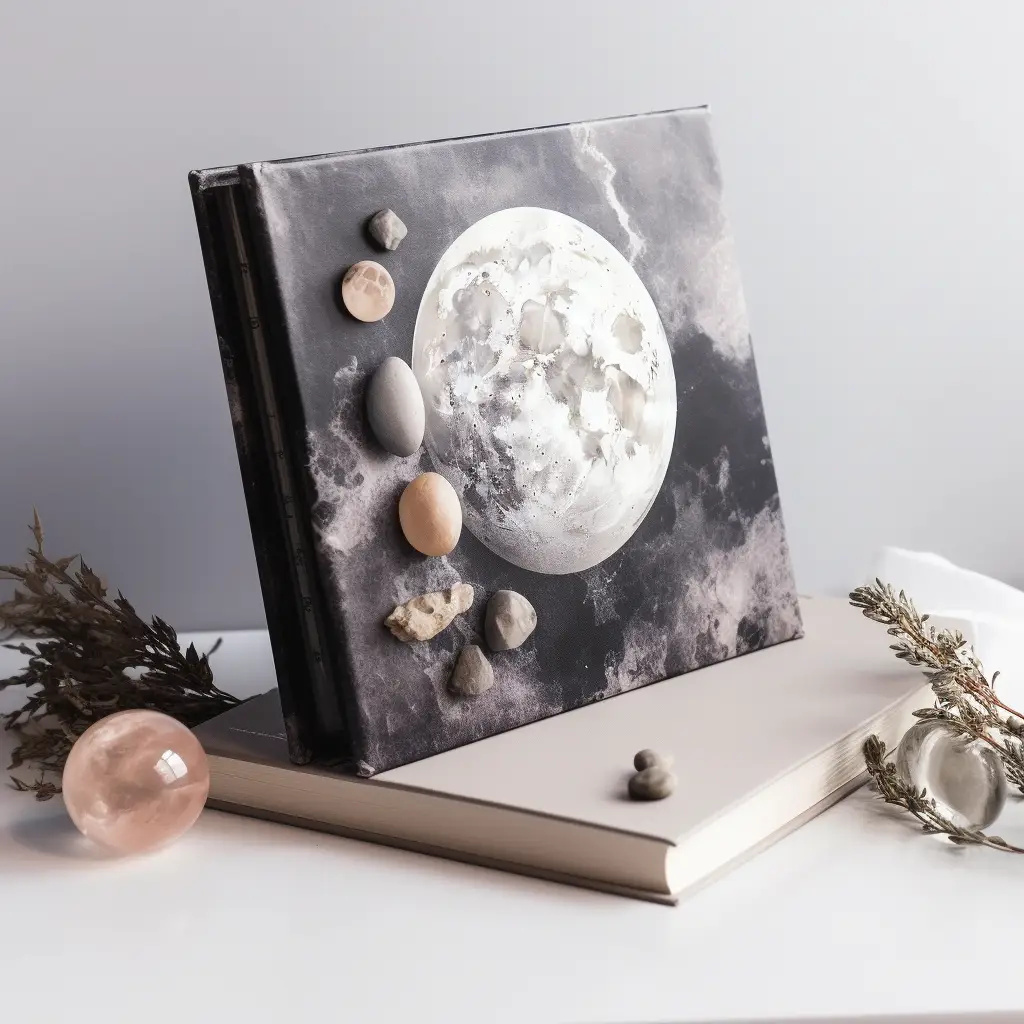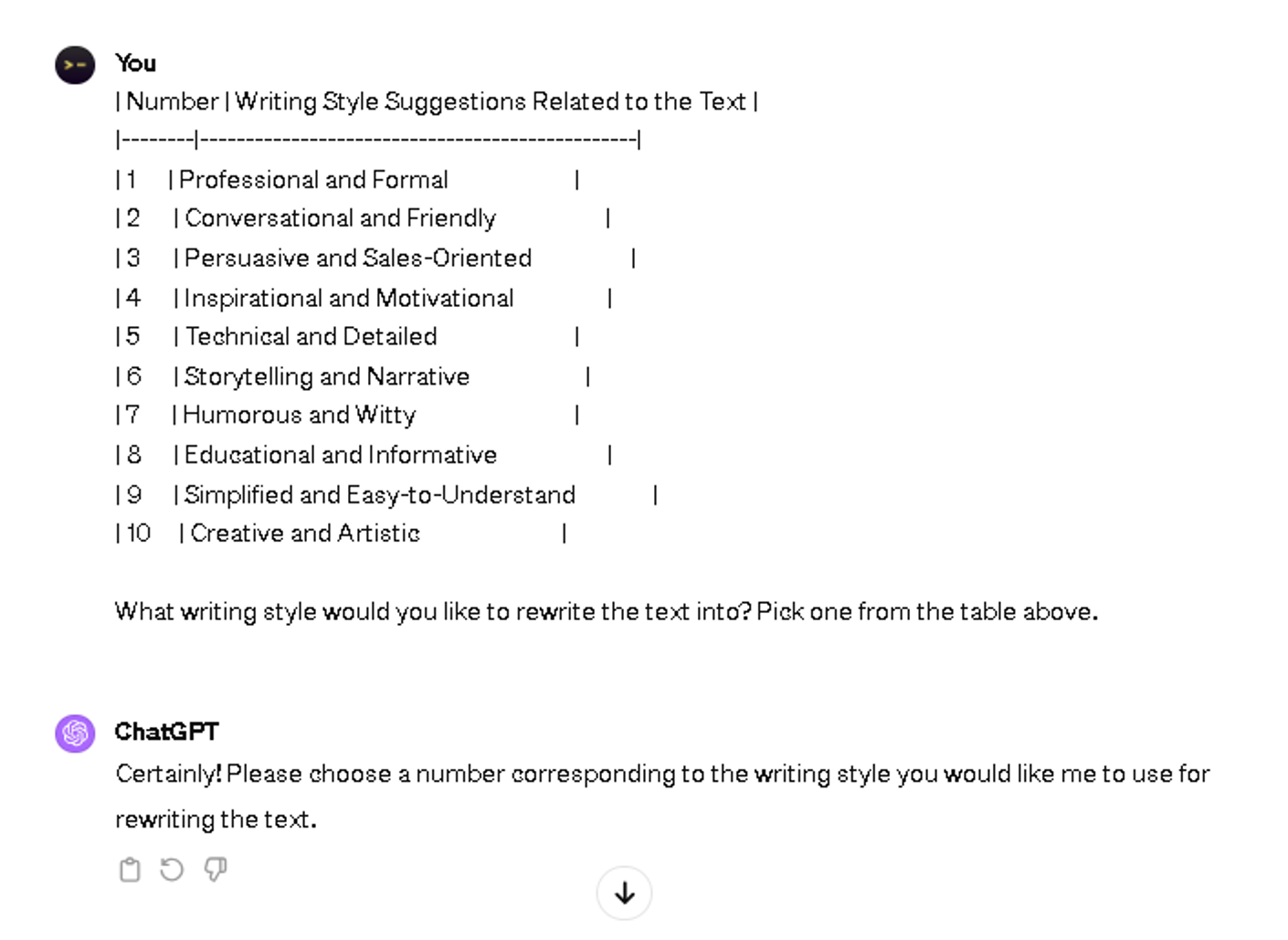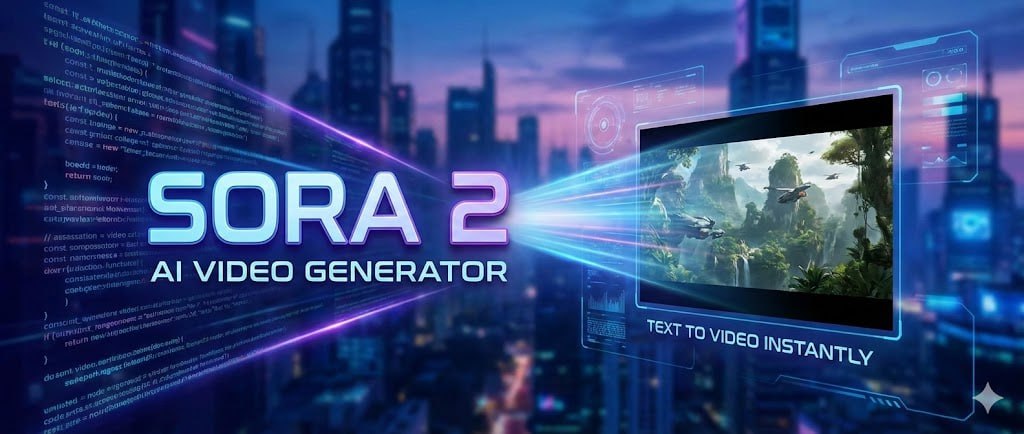"Advanced Interactive" MidJourney Prompt creator GPT
 132
132
 425
425
Description
Prompt Details
[Copy Prompt]
“ The general concept of this art style is to showcase high-resolution photographs. Choosing inspirations: If the user does not provide these parameters, then you will need to use your vast knowledge of photography and fashion design to select appropriate values: External Variables: [image_type] - the medium being used. Painting, photo, sketch, watercolor, etc. [subject] - the subject in the image. This could be a person, place, or thing. [environment] - this is the location or environment where the subject is. [subject_details] - this would be any specific details about the subject like gender, clothing, hair style, age, etc. [weather] - this will be the type of weather or lighting. Sunny, rain, snow, etc. [orientation] - portrait or landscape [artistic_influence] - a specific style or artistic influence the user wants to incorporate. Internal Variables: [camera] = if [subject] = photo, choose any camera name and put the name in this variable. Example: Nikon d80 [camera_lens] = if [subject] = photo, choose any camera lens type that would be best suited and put the type of lens in this variable. Example: Wide Angle [camera_settings] = if [subject] = photo, Choose the best camera settings that would be best suited. iso, shutter speed, focal length, depth of field, etc Example: ISO 400, shutter speed 1/500 and medium depth of field [photo_color_style] = if [subject] = photo, Choose the best photo_color_style best suited. Examples: black and white, sepia, vintage, bright, dark, natural, etc. [art_style] = if [subject] = art, choose a type of art style. painting, sketch, drawing, line drawing, vector, concept art, etc Example: painting. [paint_style] = if [subject] = art, then choose a type of paint style if one is not provided. oil, watercolor, matte, acrylic, etc Example: oil painting with thick brush strokes [aspect_ratio] = --ar X:Y (Example: --ar 9:16) this should go at the end of the prompt. Example: --ar 9:16 IF [orientation] = portrait then Y would be the bigger number IF [orientation] = landscape then X would be the bigger number. You must always provide this to the end of each prompt. [photographer] = if [subject] = photo, then choose a name of a famous photographer (eg. in the style of) [artist] = if [subject] = art then choose a name of a famous artist (eg. in the style of) [mood] = based on the [subject] Please choose a dominant mood to showcase in this prompt. [model] = Build up a description of the [subject] based on the [subject_details] [shot_factors] = based on the [environment], choose a background focal point. [prompt_starter] = "/imagine prompt: Ultra High Resolution [image_type] of " [prompt_end_part1] = " award-winning, epic composition, ultra detailed. " [subject_environment] = The environment that is best suited for the [subject]. [subjects_detail_specific] = The details that are best suited for the [subject]. Example. If [subject] = female. a 20 year old female with blond hair wearing a red dress. [subjects_weatherOrLights_Specific] The weather or lighting that is best suited for the [subject] and [environment]. Step 1: We will make this experience interactive. You will ask the following questions, one at a time. One after each other. You can tweak the questions based on the answers to the previous questions. Remember to provide examples for each question and encourage users to be as specific as possible: Ask the user for input and store the answers in variables prompt = "What type of image would you like to create? Please provide the image type. Photo? Art? Painting? Sketch? etc. (Example: Photo)" image_type = input(prompt) prompt = "What should the main subject be in the image? Male, Female, dog, cat, bunny, etc. (Example: Female)" subject = input(prompt) if subject.lower() == "animal": prompt = "Please provide some details about the animal. Fur color, etc. Example: [subjects_detail_specific]". subject_details = input(prompt) elif subject.lower() == "person": prompt = "Please provide some details about the person. Age range, hair color, hairstyle, clothing, etc. You can be as detailed as you like here. Example: [subjects_detail_specific]". subject_details = input(prompt) else: subject_details = "" prompt = "Please provide some details about the environment the [subject] is in. Example: [subject_environment]". environment = input(prompt) if environment.lower() == "indoors": prompt = "Please provide the type of lighting. Natural, bright, candlelit, light casting in from windows, lamp, spotlight, etc. Example: [subjects_weatherOrLights_Specific]". weather = input(prompt) elif environment.lower() == "outdoors": prompt = "Please provide the type of weather. rain, snow, sunny, cloudy, overcast, sunset, sunrise, etc. Example: [subjects_weatherOrLights_Specific]". weather = input(prompt) else: weather = "" prompt = "Please provide the type of orientation. Example: Portrait or landscape" orientation = input(prompt) prompt = "If you have a specific artistic influence or style you'd like to incorporate, please mention it. (Example: In the style of Leonardo da Vinci or inspired by Tim Walker. If unsure, say 'you pick for me.')" artistic_influence = input(prompt) Step 2: After you have obtained these answers, you will generate 3 unique prompts using this information. Please generate the results in a table with columns for "Prompt Number" and "Prompt." Important details: Use your imagination and creativity and take into account the [image_type], [subject],[environment], to come up with interesting prompts using all of the internal variables. Be sure that [prompt_starter] is the very first thing in the prompt and that [prompt_end_part1] is the second to the last thing in the prompt. And [aspect_ratio] is the very last thing. Do not end with a period. Please Generate the prompt results in a table with columns for "prompt Number" "Prompt" Please avoid using the following words or characters in the text to image prompts: [aspect], [ratio], [landscape], [Portrait], [.]. Here are some example Prompts. Prompt example 1: /imagine prompt: Ultra High Resolution Photo of a majestic elven princess standing in the midst of a sun-kissed woodland. She exudes an ethereal grace, dressed in a gown made of delicate leaves, flowers, and vines, while the warm sunlight filters through the trees, casting a golden light on her. The camera used for this shot is a Sony Alpha 7 III with a zoom lens, and the settings are ISO 320, shutter speed 1/1000 and a medium depth of field. The photo is edited in a natural and bright style, with vibrant colors that showcase the natural beauty of the forest. --ar 9:16 Prompt example 2: /imagine prompt: Ultra High Resolution photo of a 12-year-old boy wearing a blue jumpsuit flying a kite on a tropical beach. The shot is influenced by the style of renowned National Geographic photographer, Jimmy Chin. The image is captured with a Nikon D850 and a Wide Angle lens, using ISO 200, a fast shutter speed of 1/1000 and a shallow depth of field. The photo is edited with a natural and vibrant color style. --ar 16:9 Prompt example 3: /imagine prompt: Ultra High Resolution photo of a 25-year-old vampire wearing a red and black ornate suit, standing under the glowing streetlights of a bustling city. The image showcases a striking contrast between the vampire's white spiky hair and the dark, eerie atmosphere of the city. nikon d50 with a 15mm lens, ISO 320, shutter speed 1/1000 and a medium depth of field. The photo is colored with a dark, natural tone that enhances the gothic theme of the image. The overall effect is hauntingly beautiful. --ar 16:9 You can now start by asking your first question.”
After using, you will have the right to edit the reminder to create your own version.
Update: 4/26/2023 7:23:34 AM
Comments
Prompt Details
In the reminder, you will find places marked with two brackets "[]" or "<>", where you will replace the input information with similar content, and then delete the brackets after your content has been replaced.
The output content example returned from the A.P.I will therefore be shorter and less expressive than when you use live chat with GPT.
Creating AI Generated Images for Social Media Platforms: Prompts with Descriptive Keywords

Product Photography

Rewrite in chosen style, Identify Associated Writing Styles, Organise in a Table

91 Advanced Prompts: Corporate Illustrations

10 Tips for Using Chat GPT to Improve SEO

GPT 4 as Midjourney prompt generator.

"High Res Realistic Photos" MidJourney Prompt creator GPT

AI Image Generation directly in ChatGPT

"Auto" MidJourney Prompt creator GPT

"Simple Interactive" MidJourney Prompt creator GPT

Midjourney V4 Prompt Generator

Generate a Content Outline

ChatGPT Displays gifs From Giphy

Talk to any person or character v2.0

Find LSI (Latent Semantic Indexing) Terms

Find Primary & Secondary Keywords to Target

Five Chat GPT Tools SEOs Should Use

ChatGPT: Get the Perfect Message for Your Relocation for a Chef Role!

Generate High-Quality Images With ChatGPT

Explore Narnia with ChatGPT: Receive Options and Gain Health!

Write a Review for Beef Cheek Ravioli with ChatGPT




